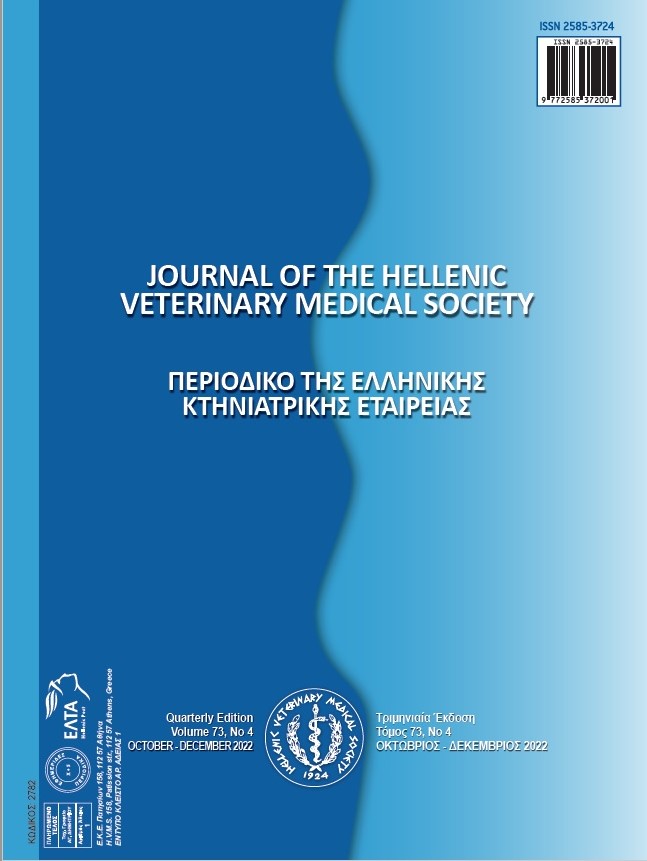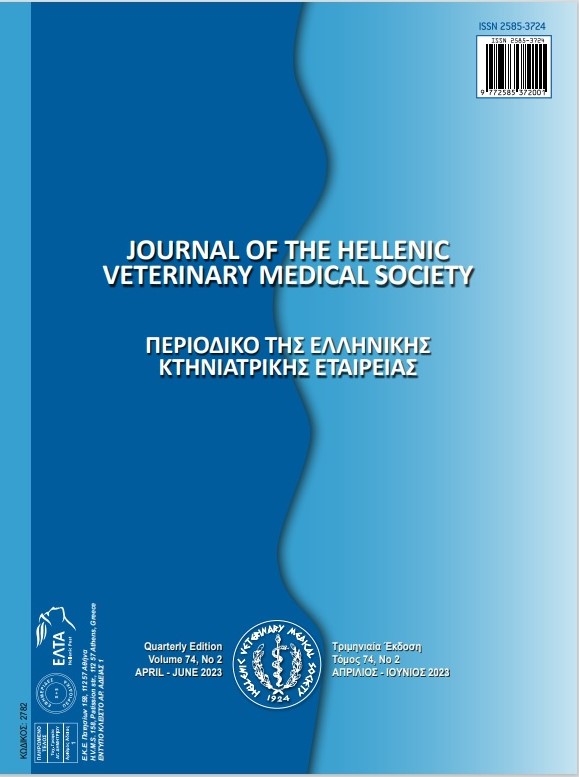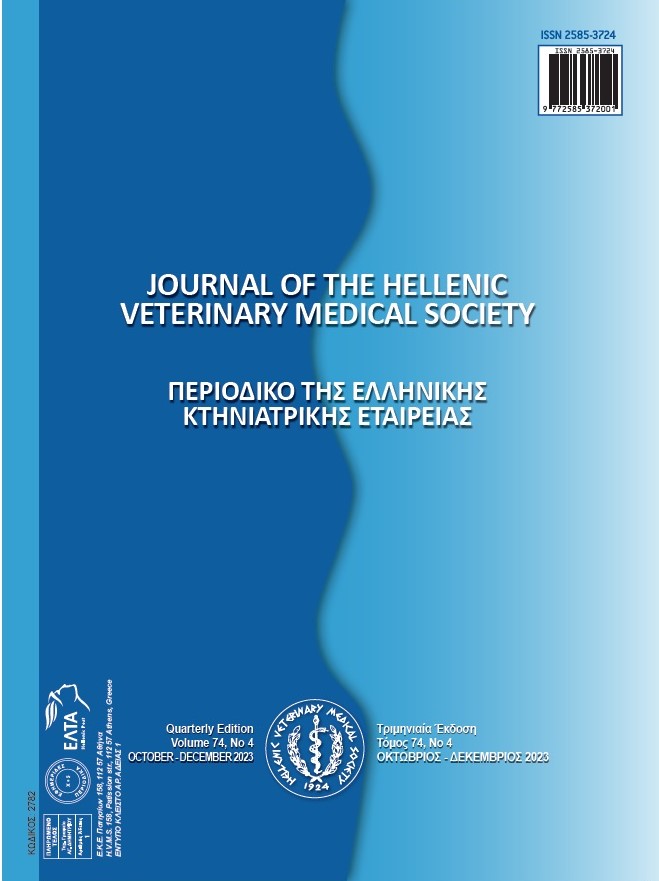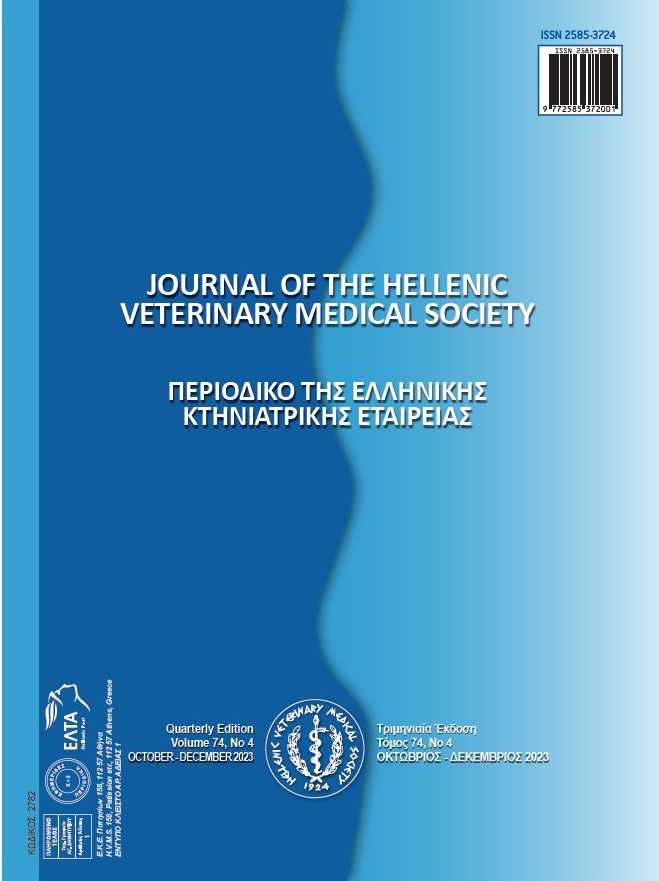Effects of Beta Vinasse Supplementation on Performance, Meat Quality and Ilio- Caecal Microflora in Quail Rations

Abstract
The aim of this study was to evaluate the effects of β-vinasse supplementation on the live weight (LW), live weight gain (LWG), feed intake (FI), feed conversion ratio (FCR), carcass yield, meat quality and ilio-caecal bacteriological flora of quails. A total of 240 5-d-old Japanese (Coturnix coturnix Japonica) quails, including both males and females, were divided into 3 groups 80 quails and treated as follow: a control group with 0 g β-vinasse/kg ration; (2) 15 g/kg β-vinasse and (3) 30 g/kg β-vinasse. The study lasted for 6 weeks. At the end of the experiment, suplementation with β-vinasse did not have significant effect on FI and FCR. Dietary supplementation with 30 g/kg β-vinasse significantly (P < 0.05) increased LW (21 d) and LWG (5 to 21 d). The dietary treatment of quails with different levels of β- vinasse did not effect on hot carcass weight, cold carcass weights, hot and cold carcass yields and breast and thigh pH. The lightness (L*) and yellowness (b*) of breast values were significantly (P<0.05) increased of 30 g/kg supplementation. Different levels of β-vinasse significantly increased Lactobacillus spp. in faeces. As a result, it was concluded that β-vinasse (by-product obtained from molasses) can be used in quail diets as an alternative feed source that will meet the nutritional needs of the animal and have positive effects on the digestive system, especially on the intestinal health ( an increase in Lactobacillus spp. counts).
Article Details
- How to Cite
-
Yeşilbağ, D., Cetin, I., Cengiz, S., Cetin, E., & Sarpasar, M. (2023). Effects of Beta Vinasse Supplementation on Performance, Meat Quality and Ilio- Caecal Microflora in Quail Rations. Journal of the Hellenic Veterinary Medical Society, 73(4), 4847–4852. https://doi.org/10.12681/jhvms.28016
- Issue
- Vol. 73 No. 4 (2022)
- Section
- Research Articles

This work is licensed under a Creative Commons Attribution-NonCommercial 4.0 International License.
Authors who publish with this journal agree to the following terms:
· Authors retain copyright and grant the journal right of first publication with the work simultaneously licensed under a Creative Commons Attribution Non-Commercial License that allows others to share the work with an acknowledgement of the work's authorship and initial publication in this journal.
· Authors are able to enter into separate, additional contractual arrangements for the non-exclusive distribution of the journal's published version of the work (e.g. post it to an institutional repository or publish it in a book), with an acknowledgement of its initial publication in this journal.
· Authors are permitted and encouraged to post their work online (preferably in institutional repositories or on their website) prior to and during the submission process, as it can lead to productive exchanges, as well as earlier and greater citation of published work.





